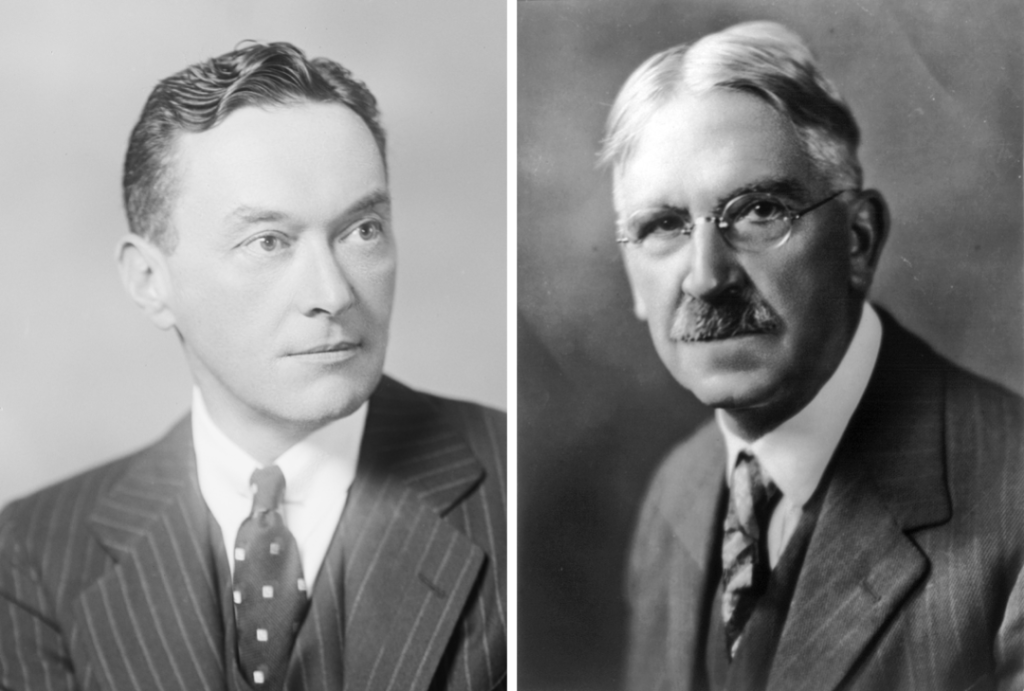
The debate on the public between John Dewey and Walter Lippman was a significant event in the history of American political thought. Dewey and Lippman had fundamentally different views on the role of the public in democratic governance.
Dewey believed that the public was capable of rational deliberation and decision-making, and that a well-informed and engaged public was essential for democracy to function properly. He argued that the public had the ability to understand complex issues and make informed decisions if they were provided with accurate information and the opportunity to engage in constructive discussion.
On the other hand, Lippman was skeptical of the public’s ability to make rational decisions. He believed that the public was easily swayed by propaganda and emotion, and that elites were better suited to make important decisions for society. Lippman argued that the public was too uninformed and irrational to be trusted with important political decisions.
Despite their differences, both Dewey and Lippman recognized the importance of a well-functioning democracy. They both agreed that democratic governance was necessary for a just and equitable society. However, they had fundamentally different views on what was necessary to achieve that goal.
In conclusion, the debate on the public between Dewey and Lippman was an important intellectual event that shaped American political thought. While Dewey believed in the ability of the public to make informed decisions, Lippman was skeptical of the public’s capabilities. Both agreed on the importance of democracy, but had fundamentally different views on how to achieve it.
(This post is supported by AI ChatGPT)
